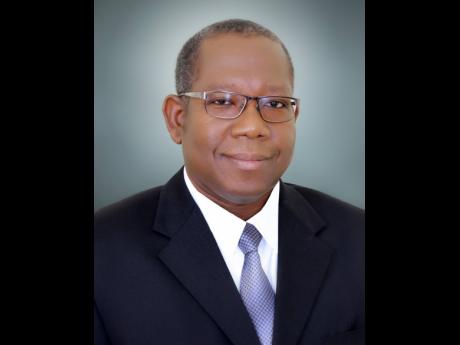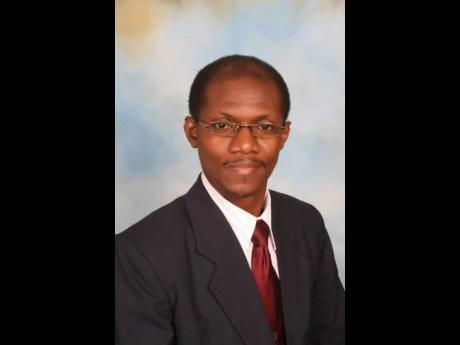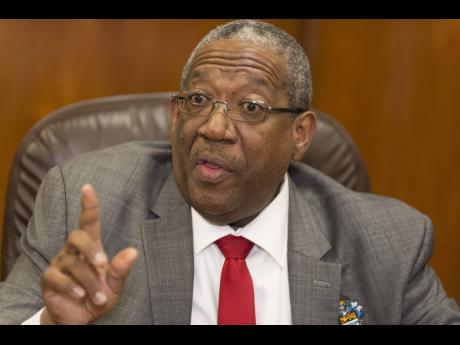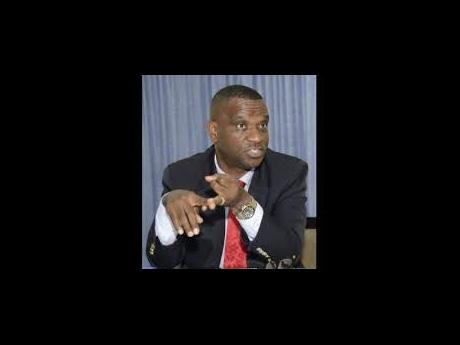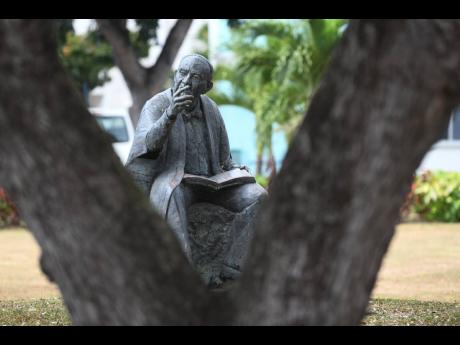Universities push staff, students up in vax line
University officials are hoping that staff and students pursuing certain courses of study will be among those to receive COVID-19 vaccines in the second phase.
Jamaica is expected to begin administering the AstraZeneca COVID-19 vaccine, which was approved for emergency use by the World Health Organization this month.
Healthcare workers, the police, soldiers, correctional officers, customs and immigration officers, parliamentarians, persons in infirmaries, and the elderly are at the top of the list to receive the jab.
WATCH: University students and COVID-19 vaccine
President of The Mico University College, Dr Asburn Pinnock, said that teachers in training are at high risk as they interact with an average of 40 to 100 students daily.
“We couldn’t compete with the nurses and doctors and front-line workers who are faced with that every day, but I think the second string of persons should be those in education,” he said during a Gleaner Editors’ Forum on Thursday.
The University of the West Indies (UWI), Mona, pro-vice chancellor and principal, Professor Dale Webber, said that the faster Jamaica can get to the point of herd immunity, the better it will be for the education sector.
Herd immunity requires inoculation of around 70-80 per cent of the population.
“At The UWI, we have already taken the position where all our students and staff who are in that clinical space – Bachelor of Medicine, Bachelor of Surgery, Nursing and Physiotherapy – will have to treat everybody they are going see as if they are potentially COVID-positive,” said Webber.
“We have been able to work with our alumni to get PPE (personal protective equipment) for them.”
He added that clinical staff and students should be given first preference, followed by educators.
Acting president of the University of Technology, Jamaica, Professor Colin Gyles, pointed out that the institution has gone ahead to prepare a priority list of front-line faculty and students, which has been submitted to the health ministry.
His list mirrored that of Webber’s.
Gyles added that students and staff who have to visit the campus for face-to-face laboratory exercises as part of their training should be next in line to be vaccinated.
President of Northern Caribbean University (NCU), Professor Lincoln Edwards, said students pursuing studies in nursing, dentistry, and medical technology would head the list at his institution.
“They all need to be vaccinated because they are interacting with the public. Many of our students are taking public transport and, therefore, are exposed, so that needs to be factored in, too,” Edwards said.
The NCU president added that if universities are to be reopened for face-to-face instruction, the vaccination programme has to be widespread.
In a radical shift from its original target of 16 per cent of the population, or 440,000 people, the Government announced that it would seek to vaccinate two million Jamaicans by year end.

